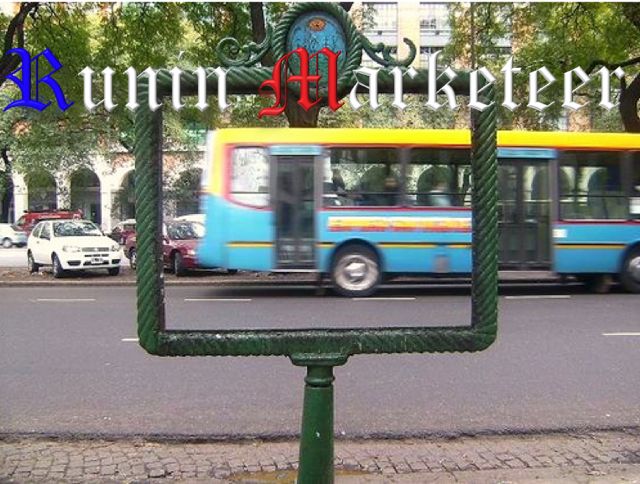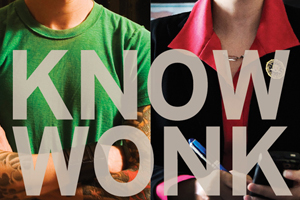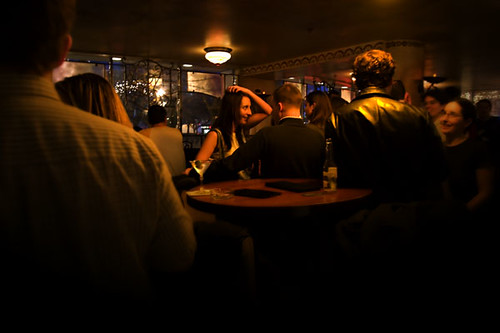1) What is the QuickMedx business model?
QuickMedx’s business model is to provide fast and convenient testing centers in high-traffic, retail environments that are close to pharmacies (McDonald’s of simple health-care services). For a payment of $35 per visit, patients are provided rapid testing, diagnosis, and prescriptions for 11 common illnesses by a certified nurse practitioner. This service provides an alternative (although not a replacement) to visiting the primary care physician's office or emergency room for simple cases.
2) Is the QuickMedx business model viable?
Yes, the QuickMedx business model is viable for the following reasons:
1. The company pioneered a unique concept; at the time of the case, there appears to be no competitor in its niche.
2. Many common illnesses are easy and quick to diagnose. Patients familiar with these common illnesses (e.g., strep throat) know the symptoms, prognosis, and likely treatment and just want confirmation and the right prescription to get their loved one on the road to recovery with as little wasted time as possible.
3. Early sales indicate the concept appeals to the targeted market segment (busy middle- and upper-income families), and produces even stronger financial results in lower-economic demographic regions, where many blue-collar workers did not have insurance coverage and simply want an inexpensive alternative for basic illnesses.
4. QuickMedx wisely chose to keep cash flow as simple as possible, by dealing only with retail customers and avoiding the morass of filing insurance claims for its patients. This helped the company avoid the administrative and float costs involved in insurance claims.
5. The business is modeled on the concept made famous by McDonald’s: a limited menu that enables the business to serve customers quickly and affordably.
6. QuickMedx and its host client (Cub Foods) focused on risk management. Together they developed refinements and releases that helped make the company less vulnerable to lawsuits than more versatile (and more expensive) clinics.
7. Strong leadership by the founders helped to preserve the concept through birth and initial growth, and makes it more likely that their vision will remain intact going forward.
8. QuickMedx’s exclusive deal with Supervalu that allows them the right to integrate with any of the 800 stores nationwide. In the event that Supervalu doesn’t allow QuickMedx to enter a particular market, it must release QuickMedx from its obligation and allow it to find a different retailer.
3) How quick should QuickMedx grow?
QuickMedx's growth should be rapid for the following reasons:
1. Kiosks are relatively easy and inexpensive to build and operate.
2. There are many possible locations in retail and universities
3. High standardization makes it relatively easy to franchise the concept, in addition to growing through direct investment in new locations.
4. The company retains the option of dealing with insurers.
5. Their service was attractive to both unions and members of unions (due to lower costs and 100% reimbursement of claims) which leads to a huge boost in sales.
6. The company could also increase the number of conditions that it diagnoses and treats in future.
7. There is an abundant pool of nurse practitioners to staff the kiosks.
8. QuickMedx benefits from Supervalu/Cub food’s advertising that promotes QuickMedx as an added feature of that particular store.
4) Is QuickMedEx a "disruptive" innovation?
Yes, QuickMedx is likely to be a disruptive innovation because it serves the needs of abundant, low-income customers with few cheap alternatives and busy high-end customers seeking simple, convenient service. Locating in partners’ retail stores helps minimize costs, enabling the company to undercut other providers when consumers are stressed about costs and convenience.








